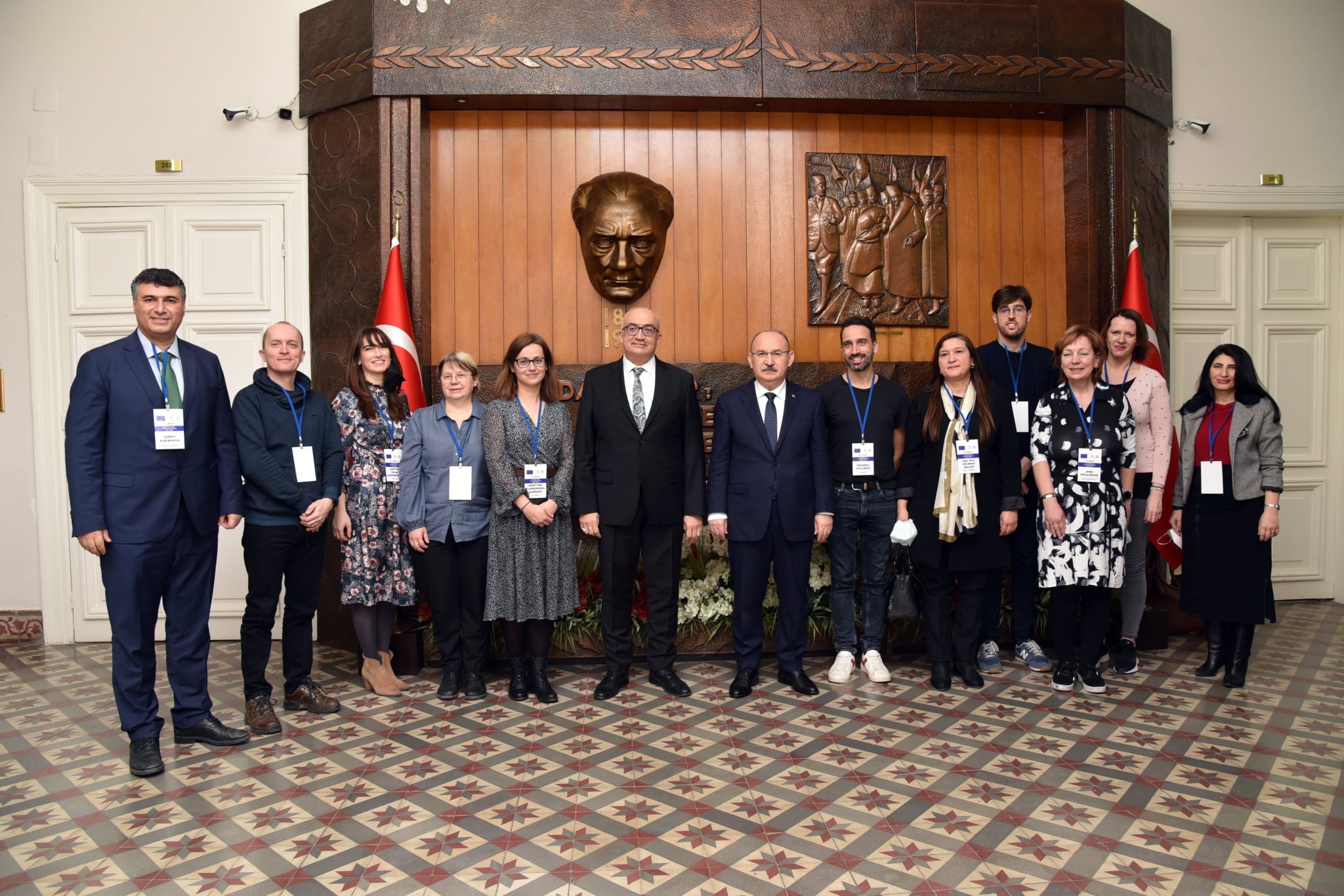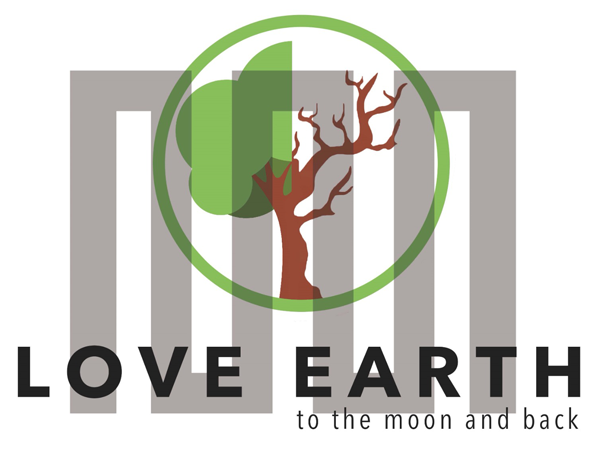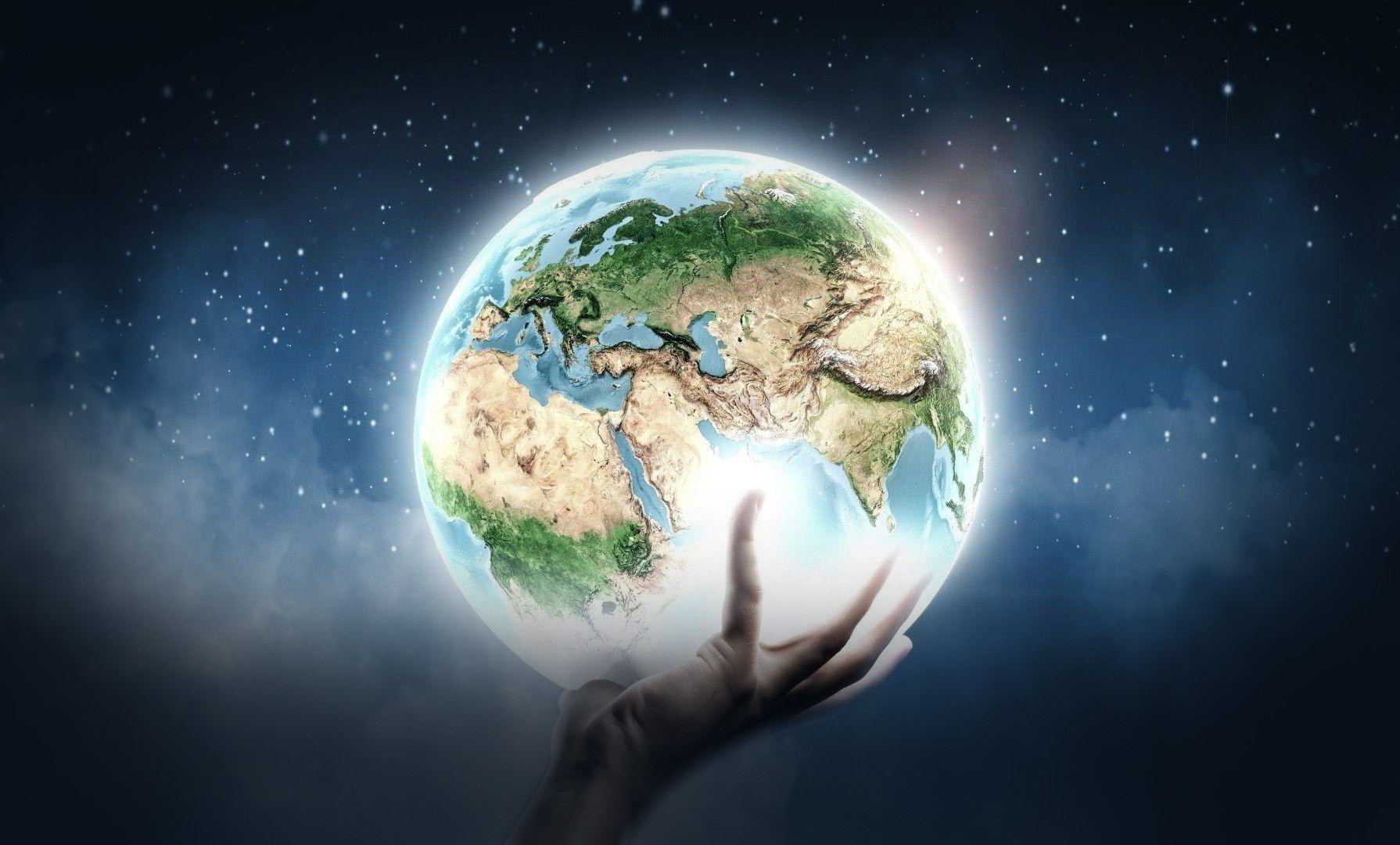Love Earth to the Moon and Back
Development of ECurriculum on Climate Change and Environmental Education for Secondary Education Students in Online Learning Platform
project partners
countries
months
our Earth

Love Earth to the Moon and Back
Development of E-Curriculum on Climate Change and Environmental Education for Secondary Education Students in Online Learning Platform
Programme
Erasmus+
KA220-SCH – Cooperation Partnerships in School Education
Project Acronym
Le_MOON
Project number
2021-1-CZ01-KA220-SCH-000034484
Project Duration
36 months (01.11.2021 – 01.11.2024 )
Coordinator
Tauferova střední odborná škola veterinární Kroměříž
Czech Republic, Kroměříž | www.vetkm.cz
Partners
- Manisa Celal Bayar Universıty
Turkey, Manisa | www.mcbu.edu.tr - Manisa İl Afet ve Acil Durum Müdürlüğü
Turkey, Manisa | manisa.afad.gov.tr - Vytauto Didziojo Universitetas
Lithuania, Kaunas | www.vdu.lt - ACD – Agency for Cultural Diplomacy (Agentur für Kulturdiplomatie)
Austria, Wien | www.acdvienna.org - Instytut Rozwoju Sportu I Edukacji
Poland, Warszawa | www.sportinstytut.pl - Móðurmál – samtök um tvítyngi
Iceland, Reykjavík | www.modurmal.com - Lycée Louis Jouvet de Taverny
France, Taverny | www.lyc-jouvet-taverny-ac-versailles.fr
Project Aim
Le_MOON aims to develop an online environmental education mainly for secondary education students and all individuals as well so that they can understand the ecological balance and their roles in this balance. It is also aimed that individuals gain sustainable perspectives on a correct environmental management and the necessary skills to be active participants who report higher levels of concern for environmental issues
The project consists of three phases
- Phase (Year 1)
Tasks:
a) Preparation activities before the actual project activities ( press release…etc)
b) Desk research to review available insights into climate change and environmental issues of secondary education students, what they do to address these, and the kinds of activities that schools have put in place to address them (reviewing academic and some non academic (grey) literature.)
c) Focus group discussions with young people, teachers, youth workers, policy makers and wider community to explore needs and experiences.
d) Integration of literature reviews and needs and experiences into a framework that offers guidance on the e-curriculum
e) Digital competence development training for teachers and others to create open digital resources. - Phase (Years 2 and 3)
Tasks:
a) Selecting and Building the e-learning platform
b) Workshops with students, teachers, and youth workers to creatively co-develop the teaching and learning materials.
c) Planning the piloting studies of the developed activities and resources with a sample of learners/teachers and enriching the activities and materials technologically
d)Developing e-module for in service teacher training on ‘responsible use of technologies’. - Phase (Year 3)
Tasks:
a) Developing a Guidebook on the culturally-specific translation of the e-curriculum developed (in Phase 1) and activities (in Phase 2) with a recommendation on how non participatory schools should translate them into their own particular contexts.
b) Developing a Handbook with extra curricular activities (sports activities, artistic activities and scientific activities / traditional games, storytelling…etc) and a scenario book complemented with a glossary and manual for mobile learning (how to integrate mobile devices and applications; web based tools and other online services deemed compatible with the scenarios)
c) A summary (recommendation) for policy makers.
There are transnational project meetings (four), online meetings (six- each January and July ), learning teaching training activities (five), and multiplier events scheduled.
Le_MOON will carry out a campaign with the title of ‘1,5 ‘ including a range of local and international activities such as an online photovoice exhibition followed by participatory dramas, virtual mobility prior to the international forum where young people will create a Solutions’ Proposal on environmental issues for policy makers, some sport events, online /Intalksessions with invited speakers.
Project outcomes
What outcomes, including project results when relevant, are expected during the project and on its completion?
The Environmental Education provided by Le_MOON , will increase both secondary education students’ and all the others’ environmental knowledge and performance; It will be ensured that project target groups and the wider community as well are raised as citizens who are aware of the problems facing the world, know how to solve these problems and volunteer to do so.
Thanks to the cooperation of partners (almost all working in different fields) suggestions will be made to include environmental management in each country’s strategic plans. Concrete outputs that will reveal the widespread impact of the project in line with this purpose are as follows;
- e-Curriculum Program:
Le_MOON will design a futureoriented climate change and environmental education e-curriculum to be implemented through (online) educational technologies which will better meet the needs of individuals. The achievements of the current programs will be tailored into our e-curriculum according to our target audience and changing environmental conditions.
- e-learning platform:
It is a digital platform where the project works will be implemented and the outputs shared (information, trainings, deliverables and resources). Anyone interested will be able to easily access that digital environment and use it as an OER (open educational resource). This platform will both serve as a digital portfolio to share and keep project actions and results (ecurriculum program and e-modules…etc) and as an interactive communication tool for the project stakeholders and the wider community.
- e-modules:
E-modules will be developed in accordance with the e-curriculum program. These modules will be goal-oriented and will contain activity and material sets to reach those goals. Teaching- Learning activities and their material sets co-created by teachers, researchers, youth workers, students and third sector persons will be included in e-modules. Those e -modules will bridge the gap as a great number of teachers suggest that the materials and resources are too limited to provide an efficient environmental education
(see: https://www.schooleducationgateway.eu/en/pub/viewpoints/surveys/survey-on-climate-education.htm)
Added benefits
Le_MOON will bring about some positive changes in attitudes and behaviors and some competences built on the knowledge and skills acquired through Le_MOON.
Of all the target competences, Le_MOON primarily aims to improve the digital competences of individuals as to fit for 21st century education; While doing the project actions and creating the outputs , secondary education students and other target audience (teachers, youth workers, 3rd sector employees, volunteers, parents, employees of the institution) will make use of the 21st century skills and have a unique chance and motivation of promoting their competency over digital , ecological , information and media literacy . They will also promote their language, communication and organizational competency.
Thanks to the outputs of the project, all stakeholders, especially secondary education students, are expected to grasp the ecological elements of environmental science and the impact of human activities on climate change. Environmental practices that do not cause global warming (ecotourismbased rural development, organic agriculture and nature sports … etc) will be included; The target audience will be ensured to be environmentally sensitive individuals with a “zero waste” understanding by those environmentally- friendly practices. As statistically known, advanced environmental education includes more science and less attention by the disadvantaged and female students. Accordingly there are less females and the disadvantaged in that study field.
Le_MOON aims to change that statistic in favour of females and the disadvantaged through inclusion; Being included, the students will increase their career and entrepreneurship skills and more young people will become environmental scientists.
Inaugural project team meeting in Manisa, Turkey









